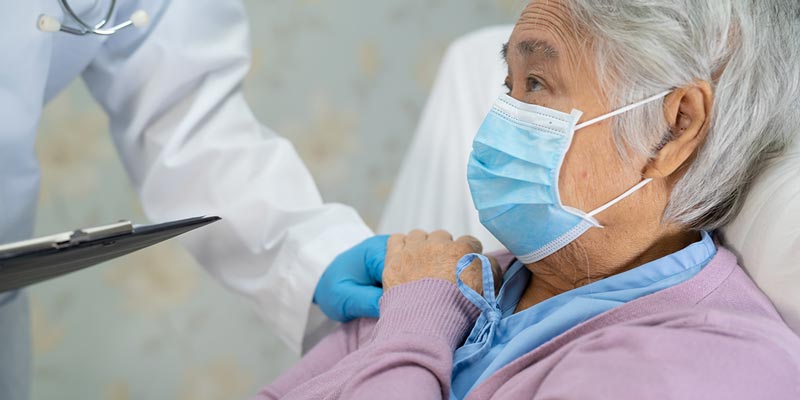The issue
The Covid-19 pandemic has presented new and often overwhelming challenges for the health and social care sector. The World Health Organisation issued guidance on maintaining essential health services during the pandemic, highlighting prevention, maternity, emergency care and chronic diseases - but there was no guidance for palliative care.
Palliative care and hospice services have multi-professional teams providing person-centred treatment, care and support for people with life-limiting illness and their family and friends. During the pandemic, they have had to adapt quickly to maintain support to their existing patients in addition to those suffering from coronavirus.
With the symptoms and treatments of covid not fully understood and limited guidance, palliative care services have responded in different ways. There is an urgent need to understand these responses and share best practices to improve future care.
The research
The CovPall project (UK) aims to evaluate how palliative care services and hospices reacted to the pandemic, the challenges that services, patients and those affected by Covid-19 face, and how to best respond.
The research team - led by King's College London and including academics from the University of York - are conducting online surveys asking representatives from hospices and palliative care services to reflect on their practices and how these changed, and their challenges and innovations. The team will also review a series of clinical records to explore the experience of a Covid-19 patient during their time with a care service.
The outcome
Preliminary results show support has become more virtual with information (both covid and non-covid related) made more readily available online. With faster discharges and limited admissions, community-based care has increased, although restrictions on visits by relatives have caused more patients to turn down offers of hospice places.
They also show staff have spent time struggling to get essential equipment and medicines while also dealing with an increased workload, staff shortages and growing concern for their colleagues and personal health. Palliative care services have been overwhelmed and yet feel ignored in the Covid-19 response.
The CovPall project is funded by the National Institute for Health Research Applied Research Collaboration South London, the Medical Research Council and Cicely Saunders International. It is a collaboration between the Martin House Research Centre at the University of York, Cicely Saunders Institute at King’s College London, the Wolfson Palliative Care Research Centre at the University of Hull and the International Observatory on End of Life Care at Lancaster University.

